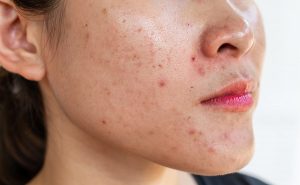
Headed to the beach or park for a little fresh air? Don’t forget your sun protection, the American Academy of Dermatology (AAD) advises. Skin cancer is the most common cancer in the United States, affecting one in five Americans, but many don’t protect themselves from harmful UV rays. Sixty percent of respondents to an AAD survey said they had had such a bad sunburn their clothes were uncomfortable, and 43% hurt too much to sleep. “Sunburns are highly preventable, but each year, one in three U.S. adults gets sunburned,” said AAD president Dr. Bruce Thiers. “As dermatologists, we know that unprotected exposure to the sun’s harmful UV rays is a major risk factor for skin cancer,” he said in an academy news release. “It only takes a few simple steps to protect yourself from the sun, and it can reduce your risk of getting sunburns, skin cancer and premature skin aging, such as wrinkles and age spots.” To protect yourself, the AAD recommends: Seek shade when the sun’s rays are strongest, between 10 a.m. and 2 p.m. Rule of thumb: If your shadow is shorter than you are, seek shade. Wear sun-protective clothing, including a long-sleeved shirt, long pants, a wide-brimmed hat and sunglasses with UV protection. Use a broad-spectrum, water-resistant sunscreen with an SPF of 30 or higher on areas not covered by clothing.… read on >





































